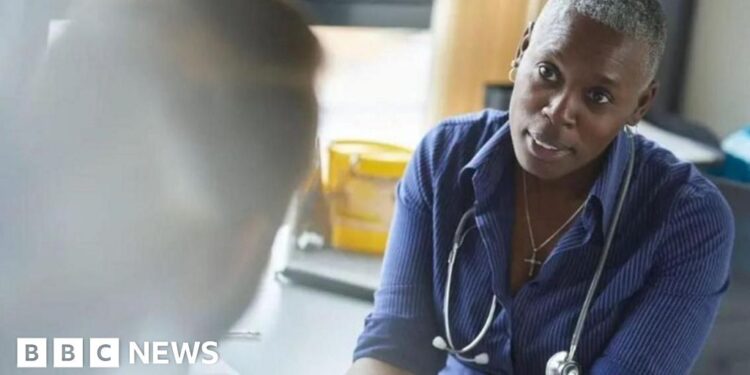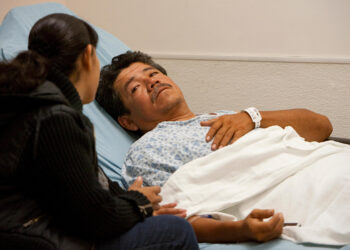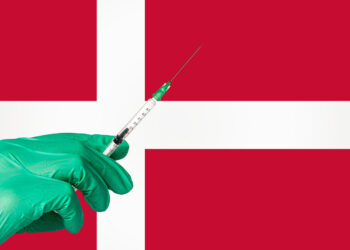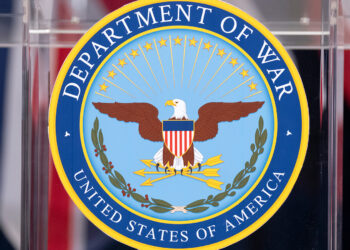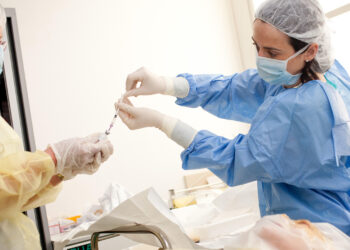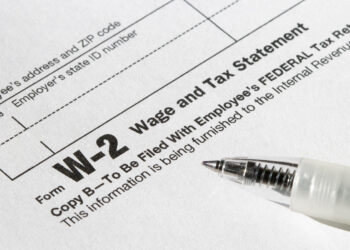Newly qualified doctors in their first year of practice in England have voted in favour of strike action in a row over a shortage of jobs.
The British Medical Association (BMA) union says thousands of resident doctors are ending up without training places when they move from year two to three.
This year there were 10,000 jobs available for 30,000 candidates, although some of those will be doctors from abroad.
The issue was already being discussed by the BMA and government in talks that got under way following a pay strike in July.
But by formally gaining a mandate for strike action it opens up a new avenue for industrial action.
Some 97% of those who voted back strike action on a turnout of 65%.
Dr Jack Fletcher, chair of the BMA’s resident doctors committee, said: “Doctors have spoken clearly – they won’t accept that they face a career of insecurity at a time when the demand for doctors is huge.
“The numbers are absurd – more than 10,000 doctors applied this year to become psychiatrists with less than 500 able to get a place, yet patients are still experiencing significant waits at a detriment to their health.”
GP unemployment is getting worse, he said, with five doctors applying for every GP training post, while patient demand for appointments continues to increase.
“It makes no sense that despite the need to bring down waiting lists and increase capacity for patients to be seen, thousands of willing and skilled doctors are unable to find the work to begin treating them.”
He described the government’s current pledge – set out under the 10-year NHS plan – to increase training places by 1,000 as paltry.
And he added: “By putting these two disputes – pay and jobs – together, we are now giving government a chance to create a plan that supports and develops the workforce of the next generation.
“Patients need doctors to have jobs. Doctors need to know they will have jobs. And they need to know they will be paid what they’re worth.”
Health Secretary Wes Streeting, however, has been adamant that he will not negotiate on pay and, instead, his team have kept the talks centred on working conditions, exam fees, rotas and career progression.
It comes after resident doctors were awarded a 22% pay rise over the last two years, with another 5.4% increase this year.
The BMA says pay is still a fifth lower than it was in 2008, once inflation is taken into account.
Source link : https://www.bbc.com/news/articles/cly147075p2o?at_medium=RSS&at_campaign=rss
Author :
Publish date : 2025-10-06 16:28:00
Copyright for syndicated content belongs to the linked Source.

